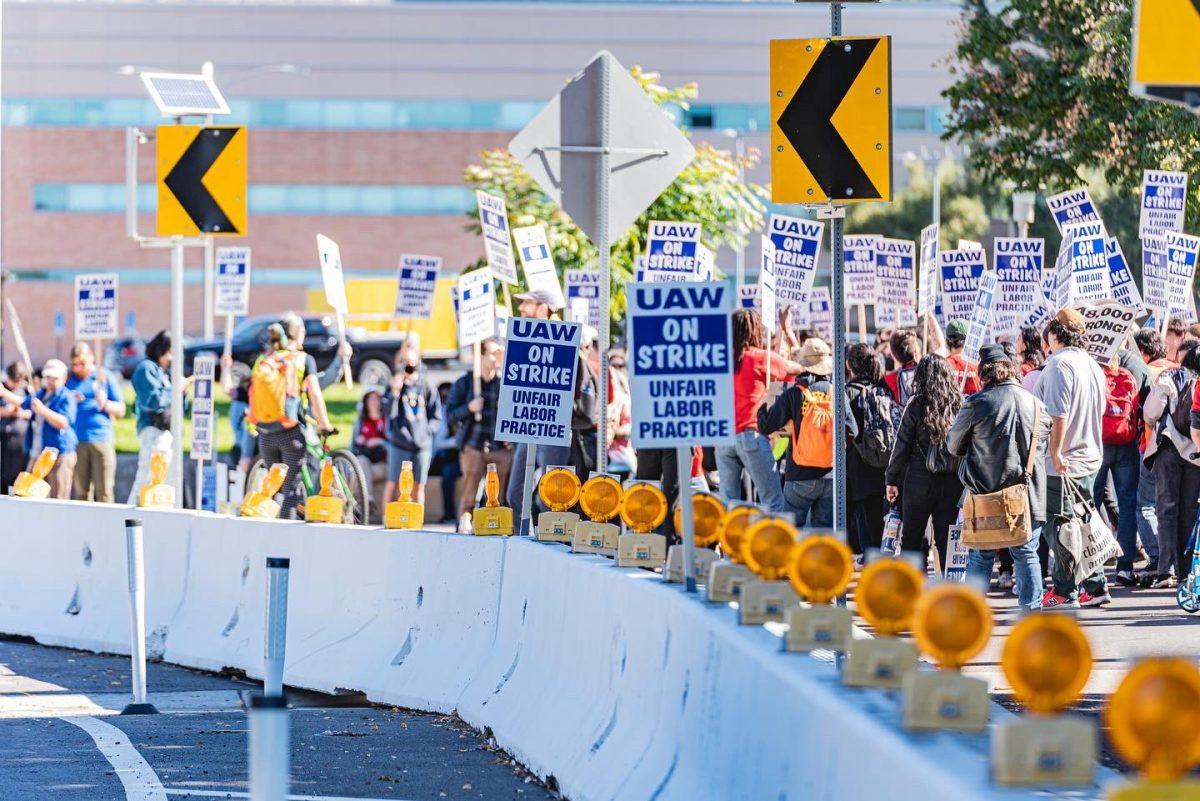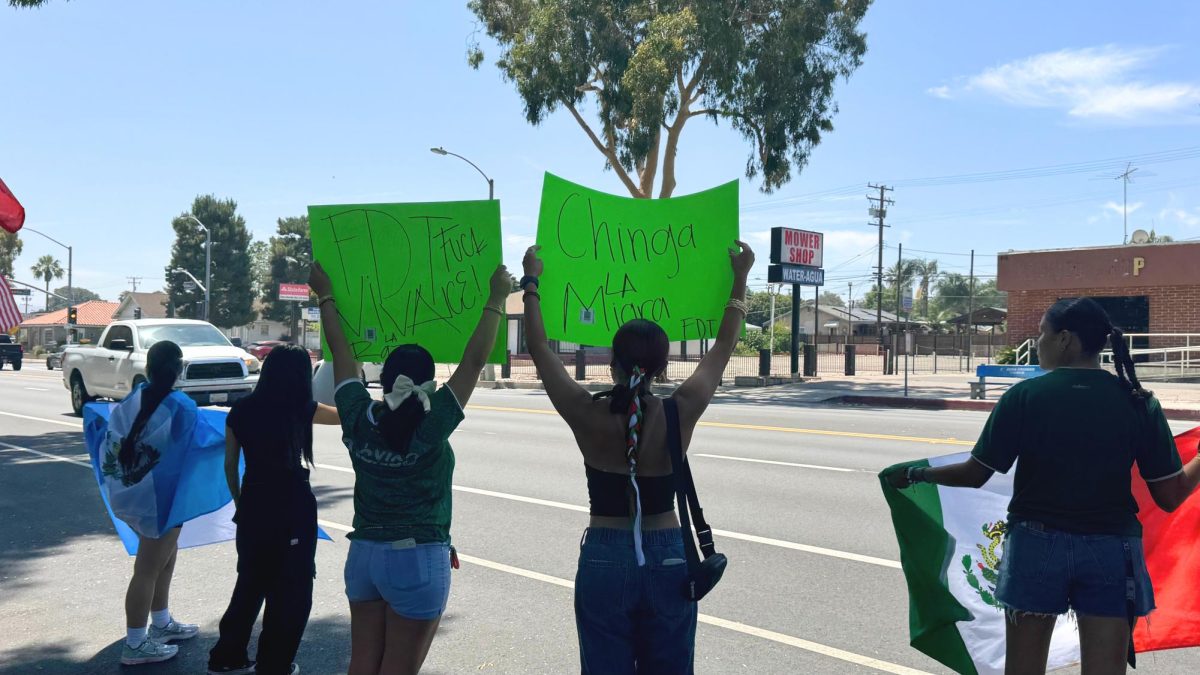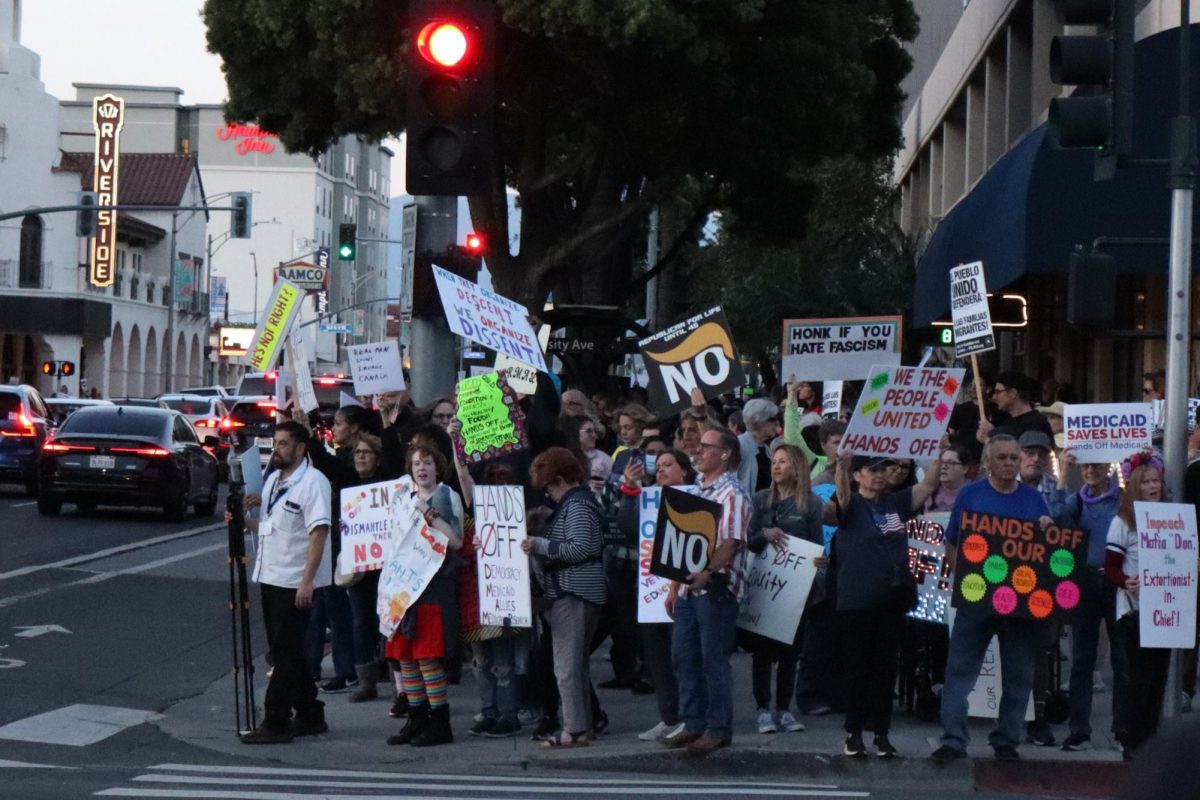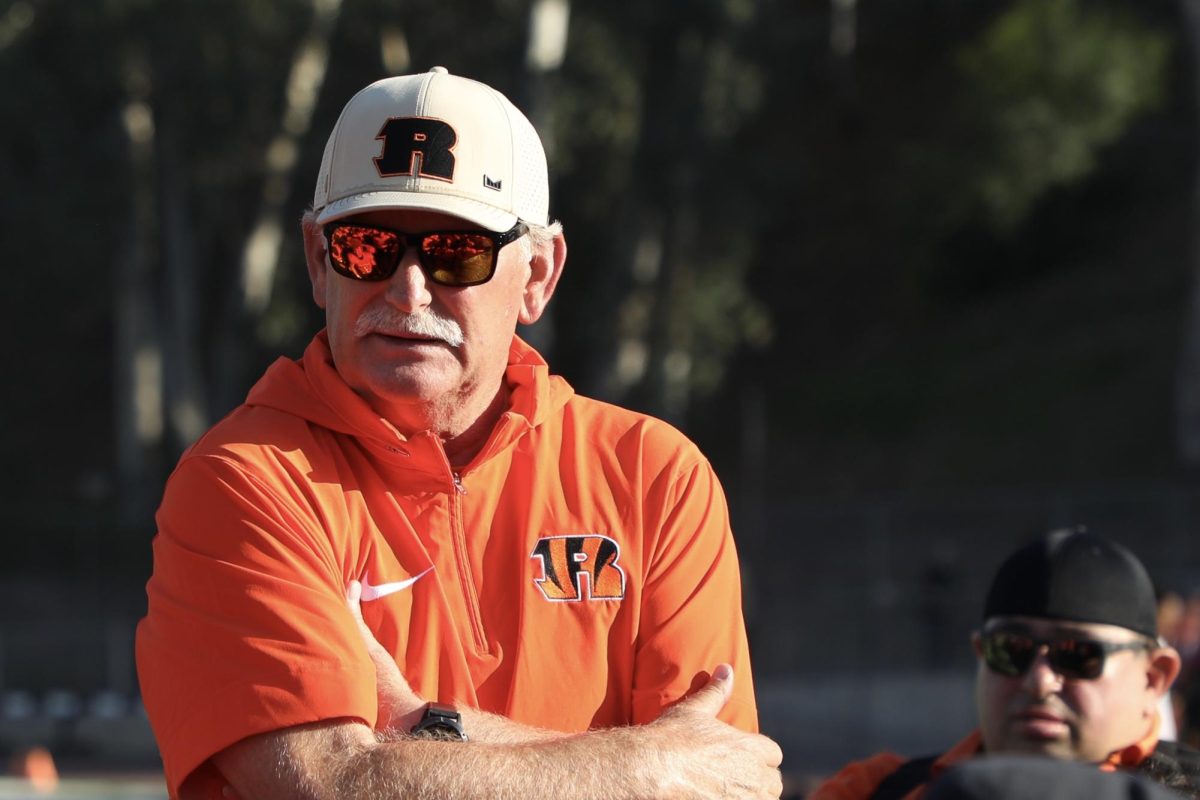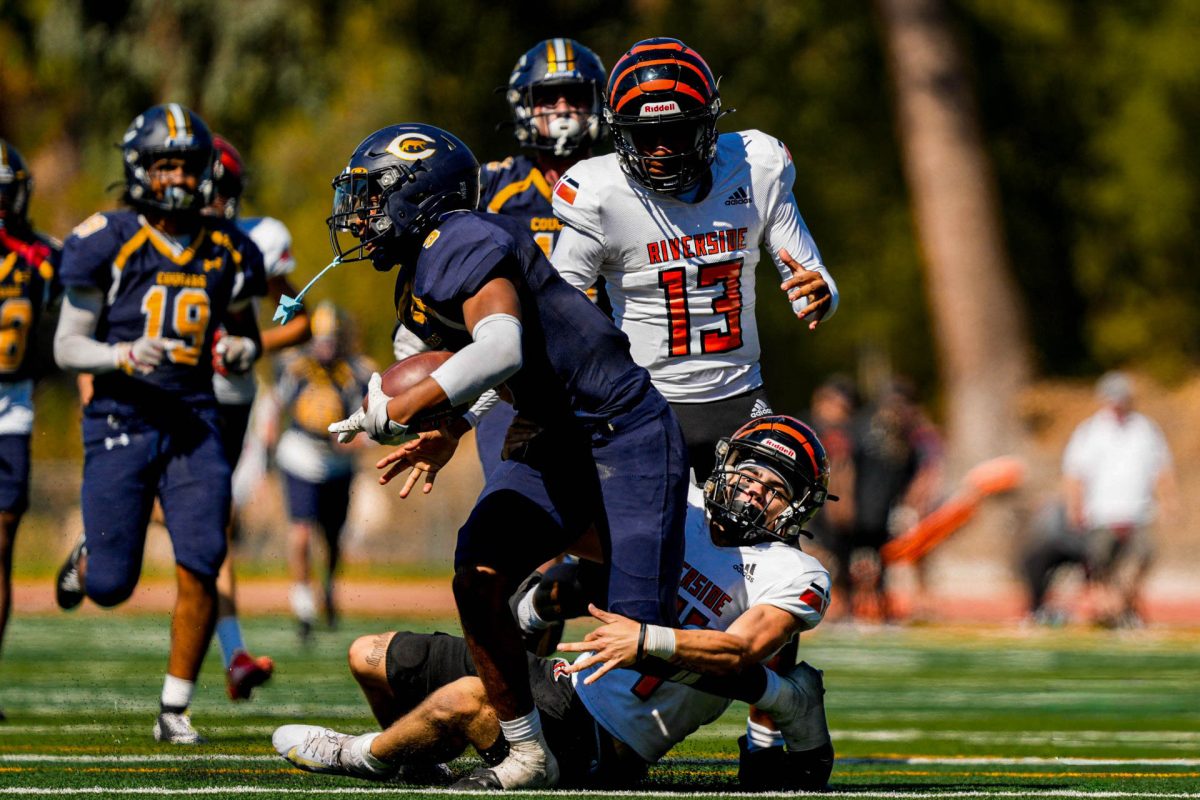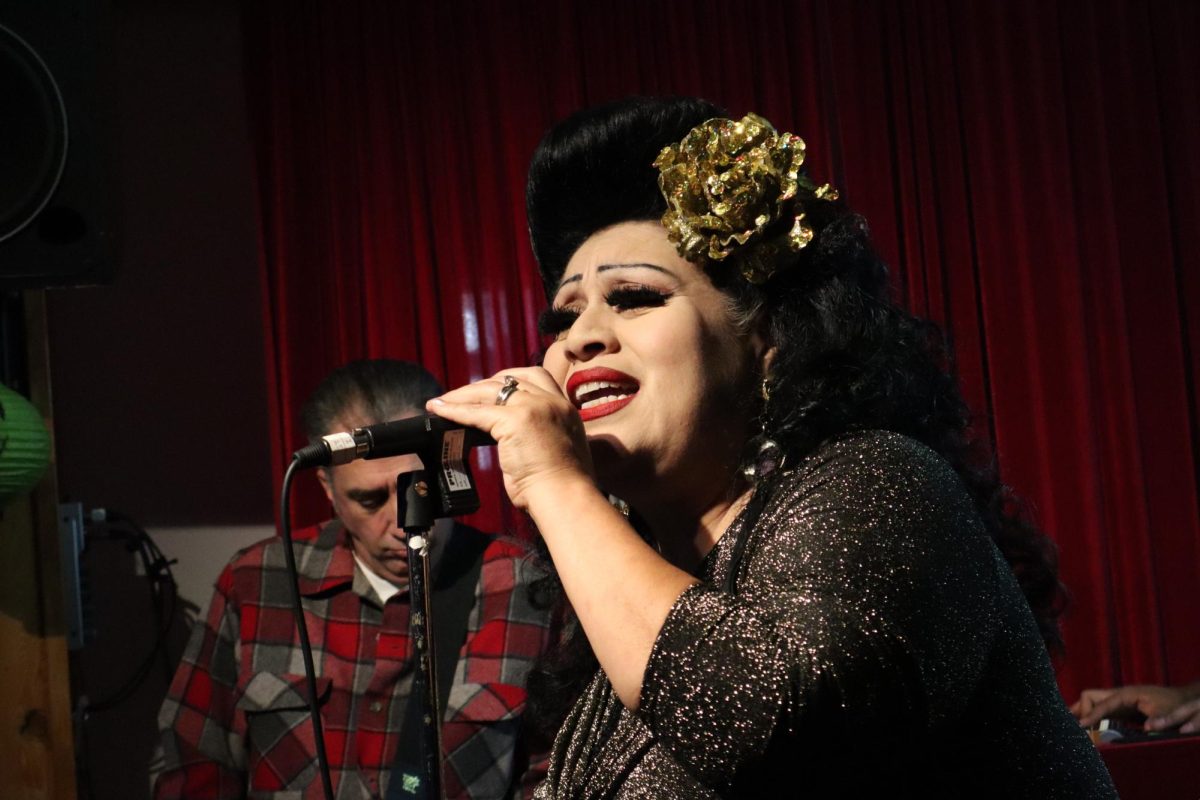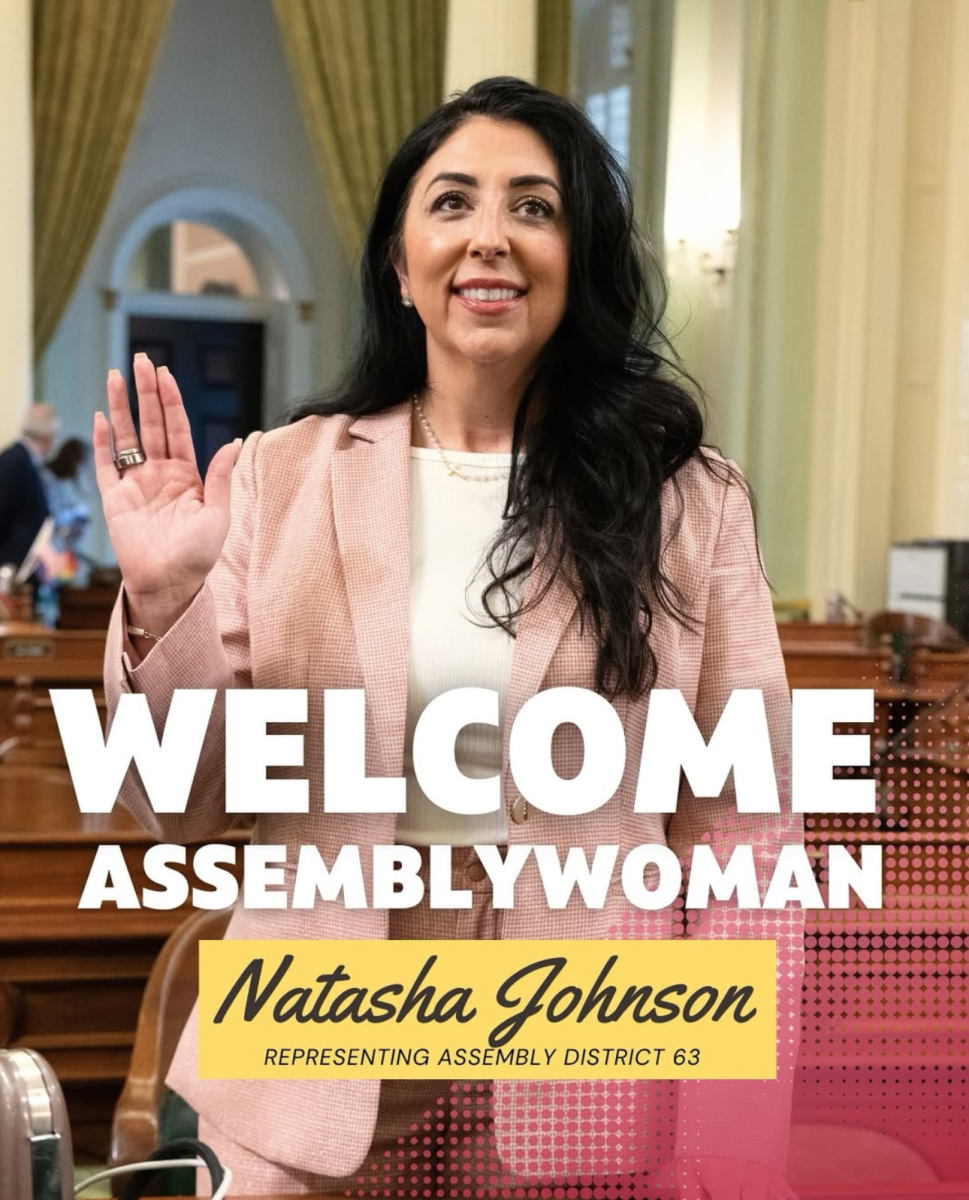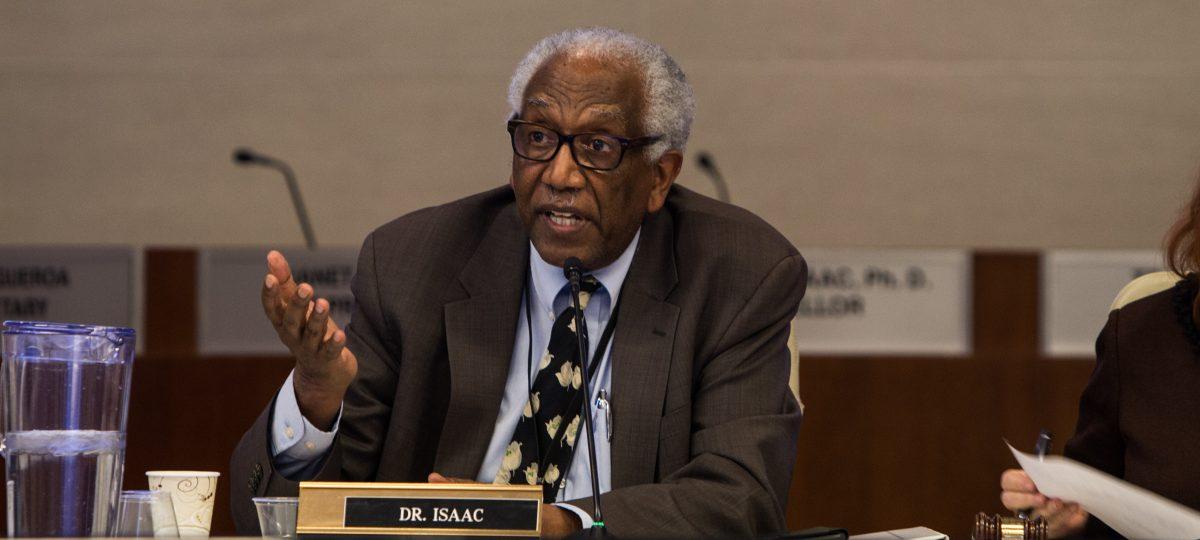By Stephen Day
“UC better have my money,” set to the beat of Rihanna’s “B—- Better Have My Money” chanted the crowd of striking students from the United Auto Workers (UAW) at the University of California, Riverside on Nov. 14.
One picketer’s sign read: “Girls just want to get paid.”
The UAW is the union that represents graduate student workers which include teaching assistants, postdocs, graduate student researchers and undergraduate academic employees.
After months of negotiating with the University of California Office of the President the union voted to go on strike across all UC campuses starting Nov. 14.
They are urging the office to oblige to their demands of higher wages, transportation subsidies and childcare subsidies.
48,000 academic workers across all campuses are striking making this the largest higher education strike in U.S. history.
“We are bargaining for things that would make our lives more survivable as grad students so that we can provide a better environment for our students and our colleagues,” Hannah Freund, Ph.D. student at UCR in the genetic, genomic and bioinformatics program, said.
“We’re not allowed to have outside employment,” they said about secondary employment to help subsidize their pay from the UC. “The focus is that we would like to be paid livable wages by the UC so we wouldn’t have to seek out external employment.”
The UAW and UCOP have been negotiating a new contract for months, but the union claims that the UCOP is not bargaining in good faith.
“The UC has broken multiple labor violations,” Freund alleges.
Mia Do, Ph.D. student in the department of political science, also said that the UCOP has allegedly, “engaged in unlawful practices while being at the bargaining table, like withholding information, unilaterally making changes on certain campuses.”
Ryan King, associate director of Media Relations for the UCOP, said their offers regarding pay, health benefits and other proposals are fair and reasonable in accordance with the union’s concerns.
“The University of California continues to negotiate in good faith as we do everything possible to mitigate the impacts of any strike actions on our student learning,” the UC official said in a statement.
Support from the professors who benefit from the work these student workers do has been a mixed bag.
Do said that many instructors in their department are supportive but other students may not have that same support.
Several students said that they didn’t see any professors at the strike and haven’t gotten a lot of support from them.
“Our campus community has really come out in support of our demands and of our efforts to get the UC to bargain in good faith,” Do said.
Concerns have been raised about UC campuses increasing enrollments but not resources, making it difficult to properly address student needs.
Students have demanded that UCR libraries stay open longer, leading to grassroots movement #OccupyTheLibrary being organized across several social media platforms.
Freund said they want the UC President’s Office to bargain fairly with them and provide liveable wages.
“We live paycheck to paycheck and we can’t do our research, we can’t teach,” they said. “We can’t help our community if we’re barely surviving.”
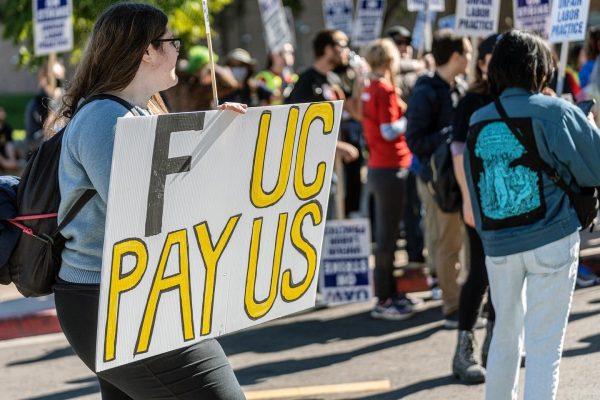
UCR’s website states that classes have not been canceled. However, students on the picket line took to various social media platforms encouraging students to skip class if possible.
Freund was unable to provide a specific end date, but said that the strike would likely last at least a week.
“Our bargaining teams have been bargaining daily, hourly, with the UC,” Freund said.
The strike will continue until the two groups reach an acceptable agreement.
“Campuses will be prepared for contingencies should a strike interfere with the conclusion of the academic term,” King said.
A number of state legislators penned a letter to UC President Michael Drake urging university officials to come to the table.
The statement says, “by failing to do so, UC is risking mass disruption and losing the talent that has earned UC its prestigious reputation.”

